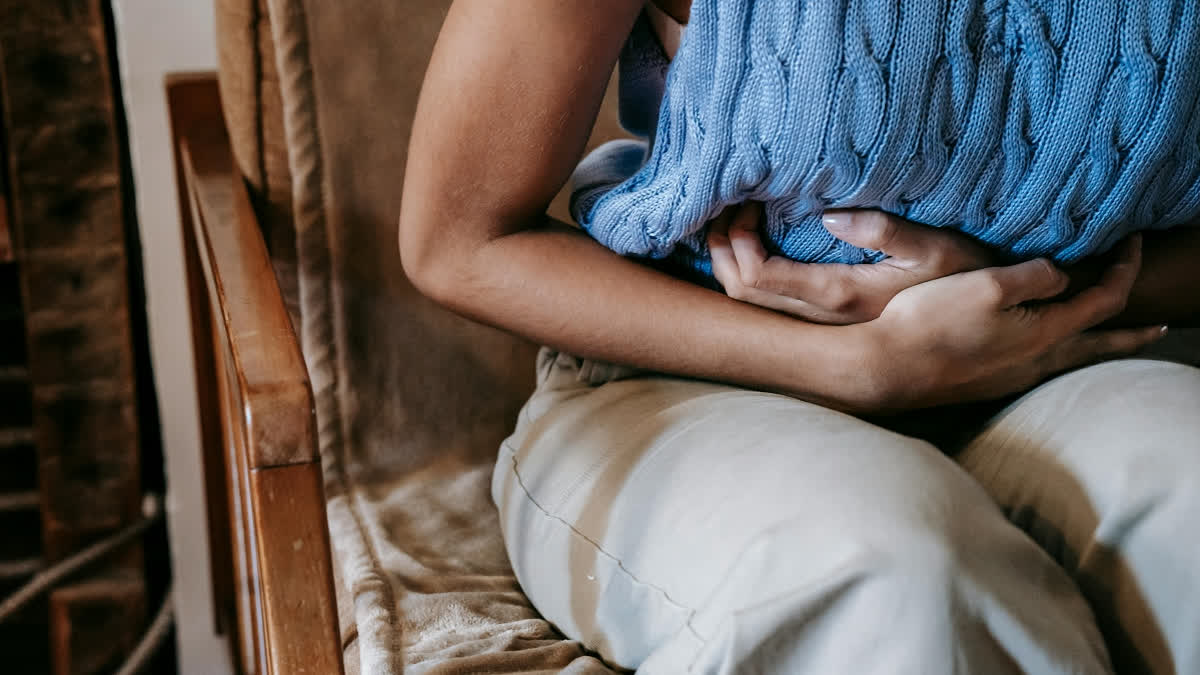As women enter their 30s, many experience changes related to their menstrual cycles. While doctors emphasize that these issues are common, they can often be managed effectively with timely care and treatment. However, neglecting symptoms or delaying medical attention can lead to more significant complications.
The Importance of Timely Examination and Treatment
Menstrual health is a natural aspect of every woman’s life. Yet, after the age of 30, hormonal fluctuations and physical changes can disrupt the regularity of menstrual cycles. These issues not only affect physical health but can also impact mental and emotional well-being, disrupting daily routines, work, and social lives. Experts suggest that with conscious self-care, a healthy diet, and lifestyle adjustments, many women can significantly alleviate these problems.
Common Menstrual Problems After 30
According to Dr Jayanti K. Wadekar, a gynaecologist based in Bangalore, women often face a variety of menstrual cycle issues after 30. This is a time marked by considerable hormonal changes. Factors such as diet, sleep patterns, stress, and inadequate rest can lead to fluctuations in hormone levels, exacerbating menstrual problems.
Irregular Menstrual Cycles: Women may notice changes in the timing, amount, and duration of their periods. This irregularity can be linked to perimenopause, the transitional stage leading up to menopause.
Excessive Menstrual Bleeding (Menorrhagia): Many women experience heavier than normal bleeding, which can be caused by hormonal imbalances, uterine fibroids, or endometriosis.
Painful Menstruation (Dysmenorrhea): Extreme pain during periods can intensify after age 30, affecting daily activities. This pain may be felt in the lower abdomen, back, and legs.
Premenstrual Syndrome (PMS): Symptoms such as mood swings, irritability, fatigue, headaches, and swelling can occur in the days leading up to menstruation. Hormonal changes can intensify these symptoms in women over 30.
Decreased Fertility: Fertility begins to decline after age 30 due to irregular ovulation caused by hormonal changes, making conception more challenging.
When to Seek Help?
Dr. Wadekar advises women to consult a doctor if they experience, Heavy or prolonged bleeding, Severe pain during menstruation, Excessive clotting, and a significant change in the duration of their period. Doctors may recommend necessary treatments, including hormonal therapy or medication, to address these issues. Many women tend to dismiss menstrual problems, believing they will resolve on their own.
However, early medical evaluation and treatment are crucial, as some symptoms may indicate more serious underlying health issues. Women should prioritize understanding their health and seek timely medical intervention when necessary. By prioritizing health and making informed lifestyle choices, women can effectively manage their menstrual health after the age of 30.
Lifestyle Tips for Menstrual Health:
Balanced Diet: Women of all ages should focus on a nutrient-rich diet, including plenty of green vegetables, fruits, and foods high in iron, protein, vitamins, and minerals.
Regular Exercise: Incorporating yoga, walking, or any form of physical activity into daily routines can enhance hormonal balance and reduce menstrual pain and PMS symptoms.
Stress Management: Mental stress can exacerbate menstrual problems. Techniques such as meditation, deep breathing exercises, and other stress management practices can be beneficial.
By prioritizing health and making informed lifestyle choices, women can effectively manage their menstrual health after the age of 30.



